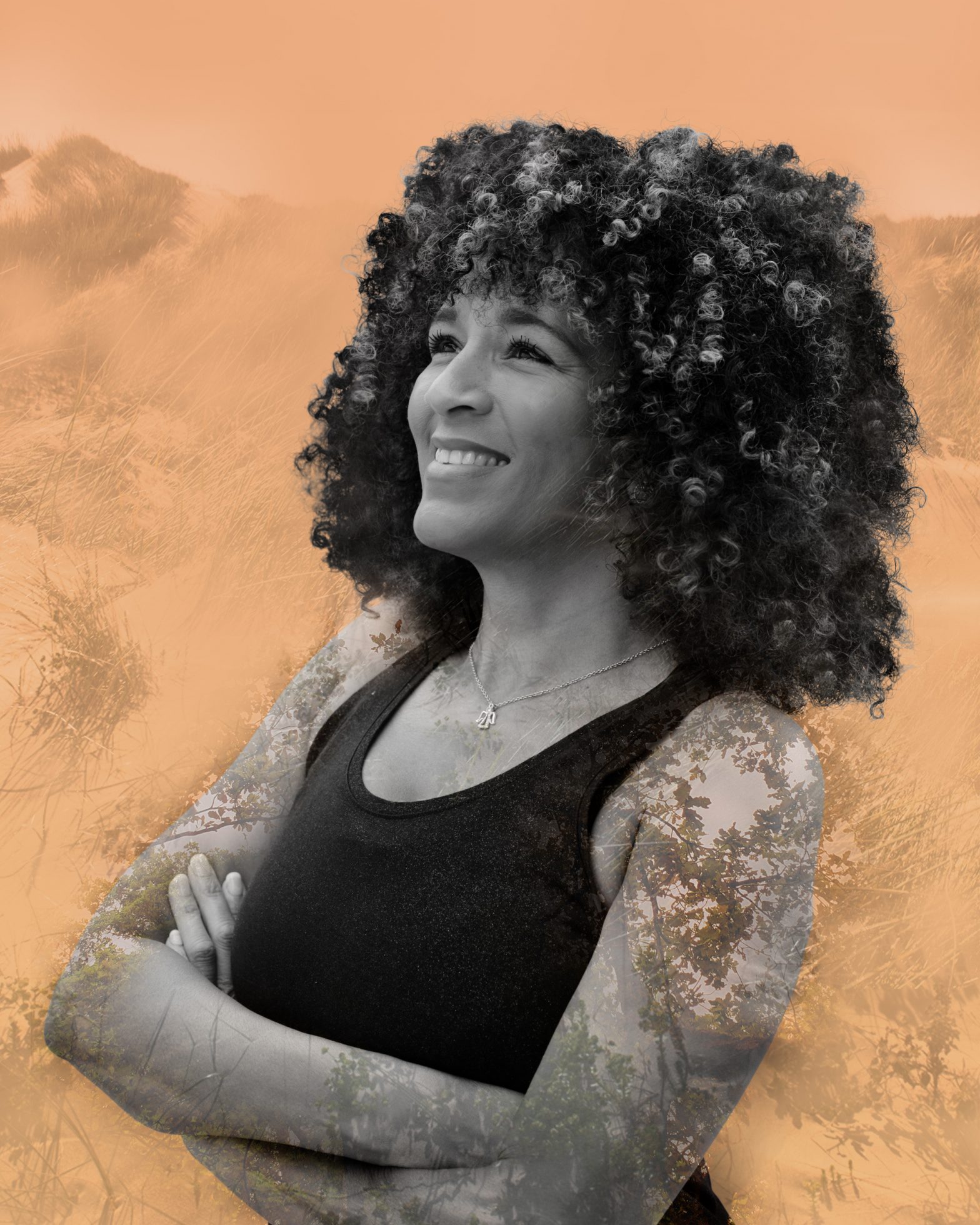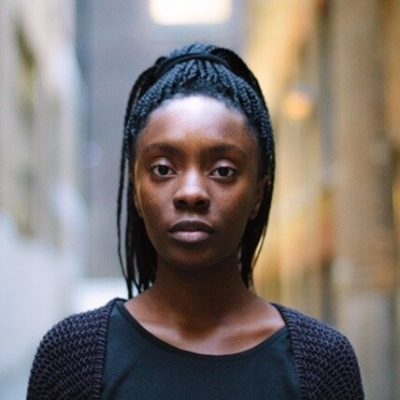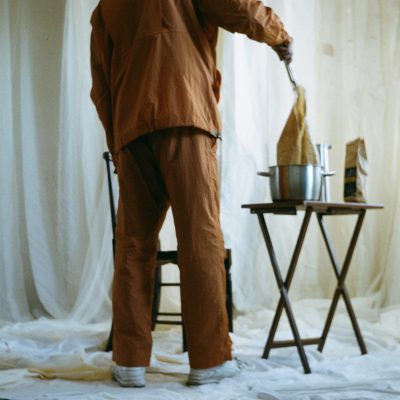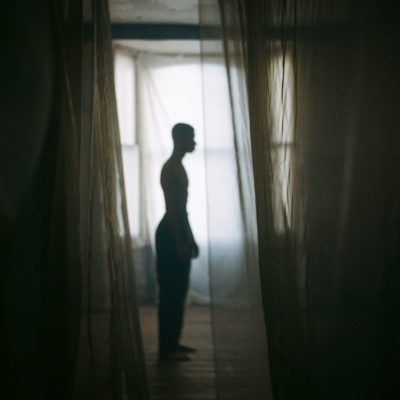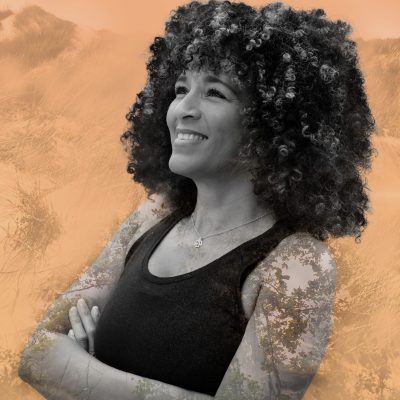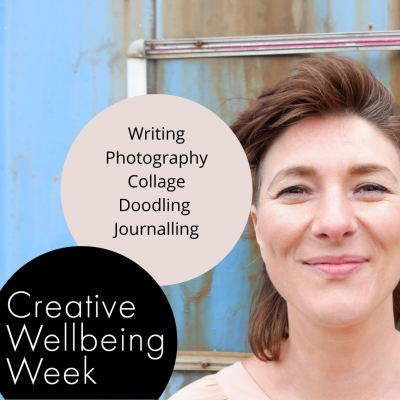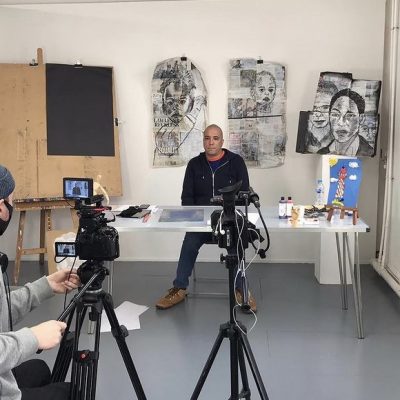During the initial pandemic lockdown we conducted interviews with a cross section of Preston’s communities. We asked them about their experience of lockdown, their hopes and their fears. In turn they spoke about the future, the government, the economy, mental health, the arts and jobs in response to the pandemic.
Reflecting on these views as we move out of the pandemic will be very important. We are in a unique position to rebuild Preston to be The Living City we want it to be. Many of the people we spoke to were passionate about having a renewed sense of community and supporting local businesses – as we move out of lockdown we must put our words into actions. Others shared their fears of mental health declining in the community and our community becoming divided.
What can we learn from the lockdown interviews about community?
For some of us the pandemic increased community spirit and generally community became more important than ever. Unfortunately for others the pandemic did the opposite and highlighted the cracks in our community.
In our lockdown interview Lyn’s sentiments indicated she, like many others, was questioning her sense of collective community. Lyn talked about who she believes cares and didn’t care and how the pandemic has in some ways been a social experiment, “There’s people who throughout this whole pandemic who have shown love and understanding for nature and also for other human beings….and there has definitely been a sector of society who have only cared for themselves, for their freedom and just not given a toss”.
Teenager Freya spoke about how “beforehand we were quite selfish in our decisions and at the end of the day you are going to put you and your family first but it’s nice to also think about other people who aren’t so lucky”.
During the pandemic we have all faced different examples of adversity, be that financially, with our mental health or physical health. The idea that were all in the same boat is one that has been used a lot in this pandemic but realistically we are not – instead we are all in the same sea but in different boats. Some people have lost loved ones, their jobs and been severely impacted by the pandemic. This was evident in the different responses to how people were feeling, captured in the video below. We will all carry our own grief and loss beyond the pandemic and how we process this collectively will have significant impacts on our community.
Community action to collectively heal from this period of our lives could be the answer but we must invest, organise and create meaningful effective solutions which can benefit those who need it.
During the pandemic we also had the Black Lives Matter protests in response to George Floyd’s death. While for some it created an awareness of the inequalities and racism that is ingrained not just in America but in Britain too for others it was divisive.
For Chris the involvement of all of society in the Black Lives Matter movement is important. He talked about how his ‘white brothers and sisters need to raise their voices for us’, explaining that there are ‘some places we can’t get to because they won’t let us’ and talked about how our society is built on slavery. Changes to the curriculum in order to inform the next generation about Britain’s involvement in slavery and racism are one way we can begin to change as well as rebuilding an equal society which doesn’t disadvantage black people and minorities, something COVID has highlighted is the current reality. Education reform through the curriculum may be one goal but additionally immersing the community in educational resources and reflective arts pieces could also be a route for change.
One of interviewees, Lyn, felt that the Black Lives Matter movement had caused more division and that the terminology of Black Lives Matter causes separation. Summarising her thoughts she said that for her the Black Lives Matter movement doesn’t show exclusivity but shows ‘greater division’.
People’s opinions on the protests were different. In order to move forward in the future we must seek to solve racial inequalities and not let racism prevail. Rebuilding our Living City means creating a safe and fair place for everyone in our society.
Furthermore we believe a Post-Covid pandemic of loneliness is inevitable (read our post here featuring voices from our lockdown archive) and we need the community to step in and make sure people do not remain isolated after the pandemic.
Community coming together after the pandemic is imperative and we need the support of local councils, funding and community leaders to ensure this happens.
What can we learn about Mental Health from The Living City interviews?
Our lockdown interviews were very revealing about mental health. Many of our interviewees focused on their fear of loved ones’ mental health but assured us that they themselves were fine. Whilst we cannot know their inner thoughts beyond what they chose to share with us it could be that whilst we are becoming more open as a society about talking about mental health we are still uncomfortable with opening up about our own. This would mean we need to consider ways in which we can engage people to open up and evaluate their individual mental health to make sure that the pandemic’s impact on our long term mental health in limited. We looked into the impact the pandemic could have on our mental health in the first thoughts article below.
In our interviews we found common causes of stress were health fears, family worries, working from home and the loss of freedom.
Chris, one of our interviewees, spoke about mourning his civil liberty. The idea of mourning for the things we have given up is relevant to every single one of us. While for Chris it was his liberty for others it could have been a cancelled wedding, a holiday or a family gathering.
Chris also talks about noticing his sister’s mental health decline and her having good and bad days. He felt they have both found they are not used to dealing with the extremes of their emotions and that the pandemic has made it impossible to escape that.
“If that’s happening for most people and the services that are normally available aren’t there I can’t see any major positives that are going to come out of that…having suffered with depression myself when you are in that space it is so hard to pull yourself out”.
Going forward we need to invest in mental health services and find ways to collectively reflect on our experiences of lockdown as communities.
What can the Living City interviews teach us about rebuilding local economies?
Many people in our interviews were fearful of the future and what will need to be done to rebuild our economy. Below is a complication of responses that spoke about the economy including thoughts from couple Mark and Lucia who feared for the effects on future generations.
Multiple people in our interviews spoke about wanting to shop more locally. This Christmas will prove if people genuinely put their words into actions. Shopping locally, such as at Preston’s markets or at one of the independent stores in the centre, can contribute far more to our local economies than shopping with major chains or large online retailers. When we shop with local independent retailers for every £1 spent 50-70p makes its way back into the local economy compared with only 5p when we shop online or out of town.
Prioritising our local communities and spending more locally may have been a popular topic in our interviews when we spoke about creating a Living City but it is up to us as a community to act on this.
Ultimately our Living City will be built on our choices. It could be where we shop, how we volunteer or how we educate ourselves but ultimately we can use our actions to influence the community we want to live, work and play in.

